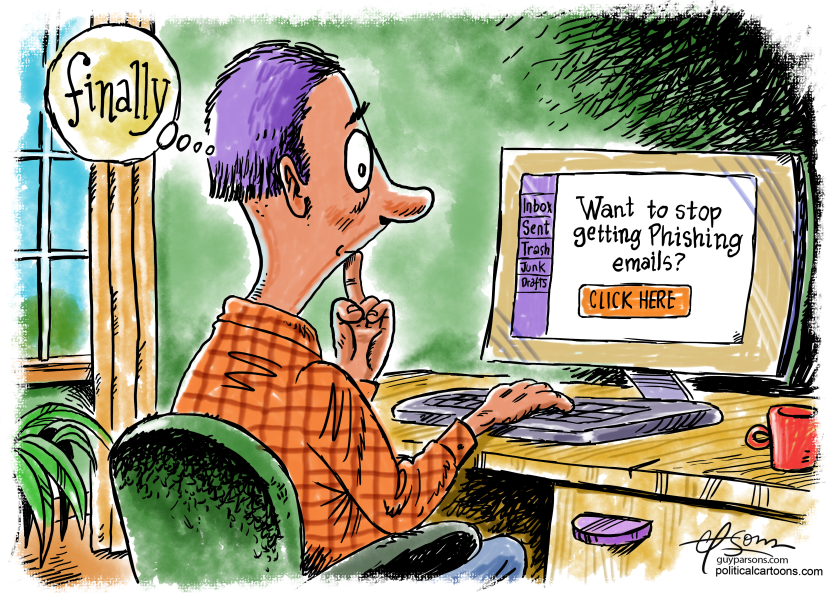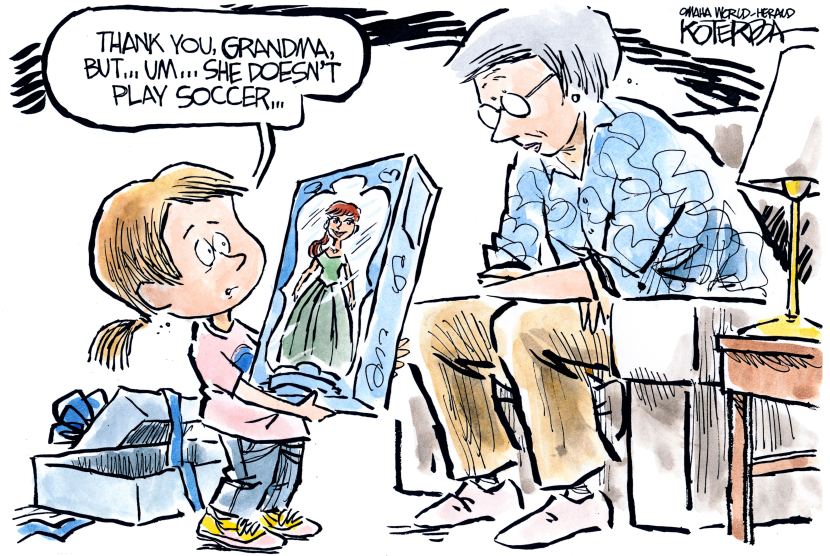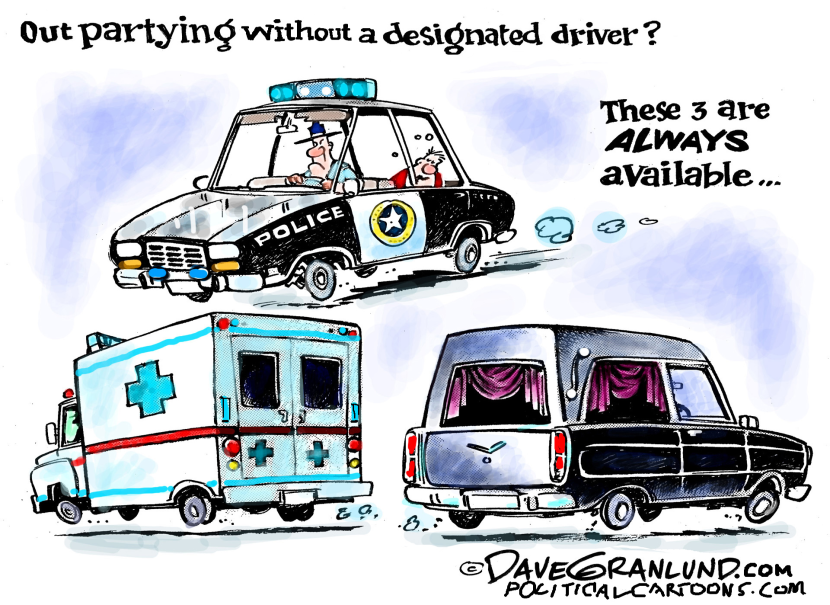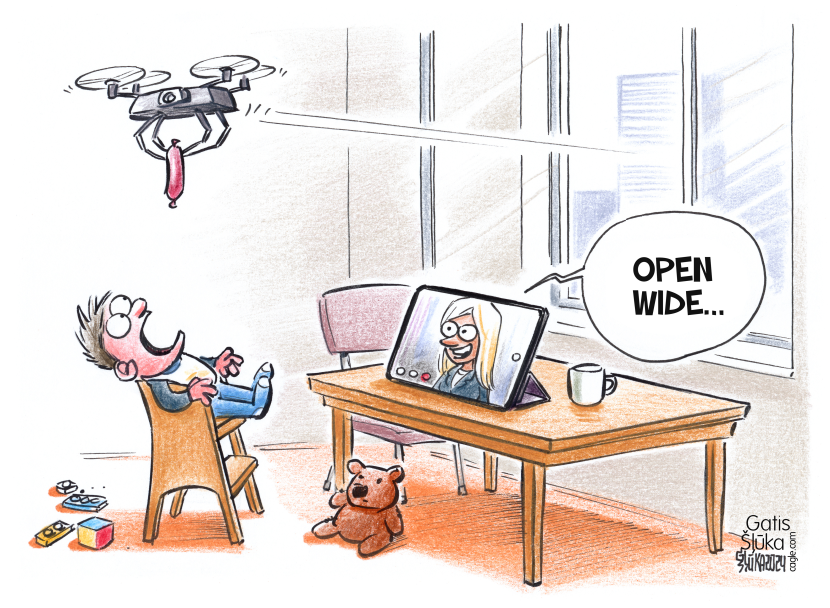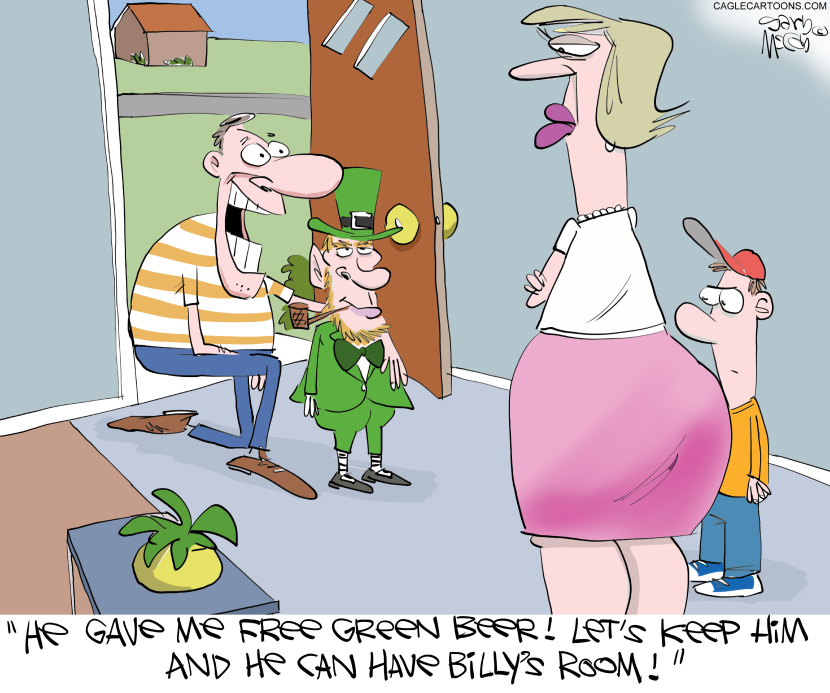Advice for 2024 promgoers
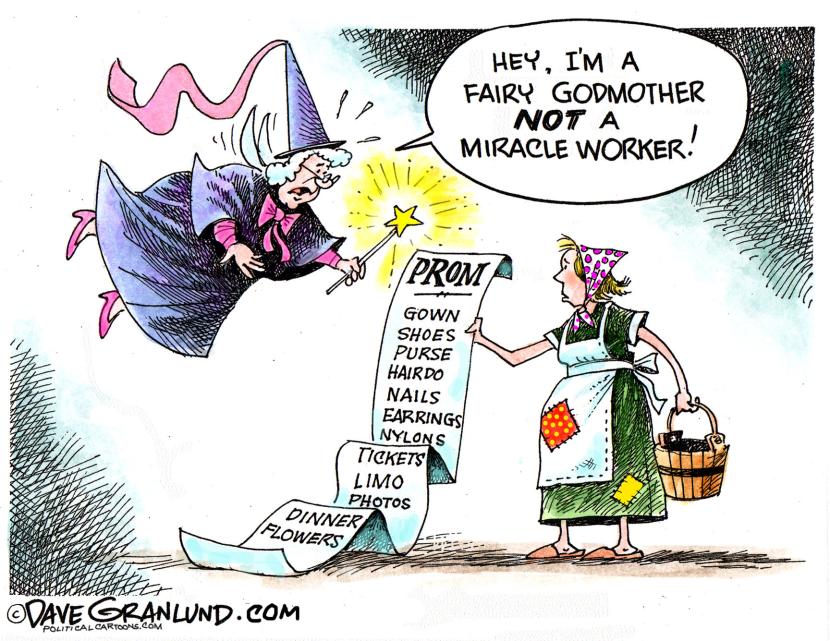
Editor’s note: A version of this column was published in 2017.
Social media is driving up the cost of proms, as promgoers are under intense pressure to post glamourous prom photos on their feeds, reports the Wall Street Journal.
Some girls are spending $2,000 or more on their custom prom dresses. A typical cost for boys is $700 or more.
I offer some advice to 2024 promgoers, based on my own prom experience in 1980.
I didn’t know my date very well. She was in my photography class, pretty and, more importantly, available.
We arranged a pre-prom date to get to know each other. We played tennis on a blistering-hot day, then headed back to her house for something cold to drink. After she berated her sister for drinking all the Tang, she turned her turret on me.
“I heard about you, a regular class clown,” she said. “You better not show up in a limo, wear a top hat or cane or do anything else to embarrass me.”
I knew right away things were going to work out fine.
Still, I wanted to impress her. I was running a stone-masonry business in those years and was making a lot of money for a teen. I figured I’d use some of that hard-earned dough to win her praise.
I bought her the finest corsage in our high school. I bought a box of expensive steaks, snacks and other refreshments for the after-prom party. But my investments turned out to be bad ones.
On the afternoon of the prom, my friend Gigs and I — we double dated — took a drive to the prom hall to make sure we wouldn’t get lost later.
Later that evening, we picked up our girls for photos and false enthusiasm. We were late for dinner (we got lost) and the awful night was under way.
I’m certain my date didn’t spend hundreds of dollars on her dress as girls do now, though I remember she looked great.
The truth is, I can’t remember what she was wearing because I hardly saw her all night long. She and the girl Gigs came with spent most of the night in the ladies’ room, while Gigs and I counted how many times the low-budget rock band played “Cocaine” (nine).
Finally, around 11:30 p.m., the dance was over. Unlike teens these days, we didn’t use our credit cards to retire to the honeymoon suite. We took the girls home. But our suffering was just beginning.
We picked up our dates early the next morning and drove to a country cabin where my friend Cook was having an after-prom party. The cabin was a two-hour drive, but it took us five (we got lost).
My date didn’t utter a word until about 2 p.m., when she challenged Gigs and me to a tennis match. I took it as a good sign. It wasn’t.
Gigs is an outstanding athlete and I’m no slouch myself. Once the game got under way, our testosterone got inflamed. Every time we scored, Gigs and I high-fived each other, laughing loudly. We creamed the girls, and after the match they refused to talk to us.
Gigs and I spent the rest of the day tossing a football and eating steaks. Around dusk, the girls found us and told us it was time to leave. We got home five hours later (we got lost) and the torturous affair was finally over.
So, I have some advice for 2024 promgoers: Spend as little money as possible on fancy duds to impress your social-media followers.
Be content that you’re about to have one of the most miserable experiences of your life!
–
Copyright 2024 Tom Purcell, distributed exclusively by Cagle Cartoons newspaper syndicate.
See Tom Purcell’s syndicated column, humor books and funny videos featuring his dog, Thurber, at TomPurcell.com. Email him at [email protected].

